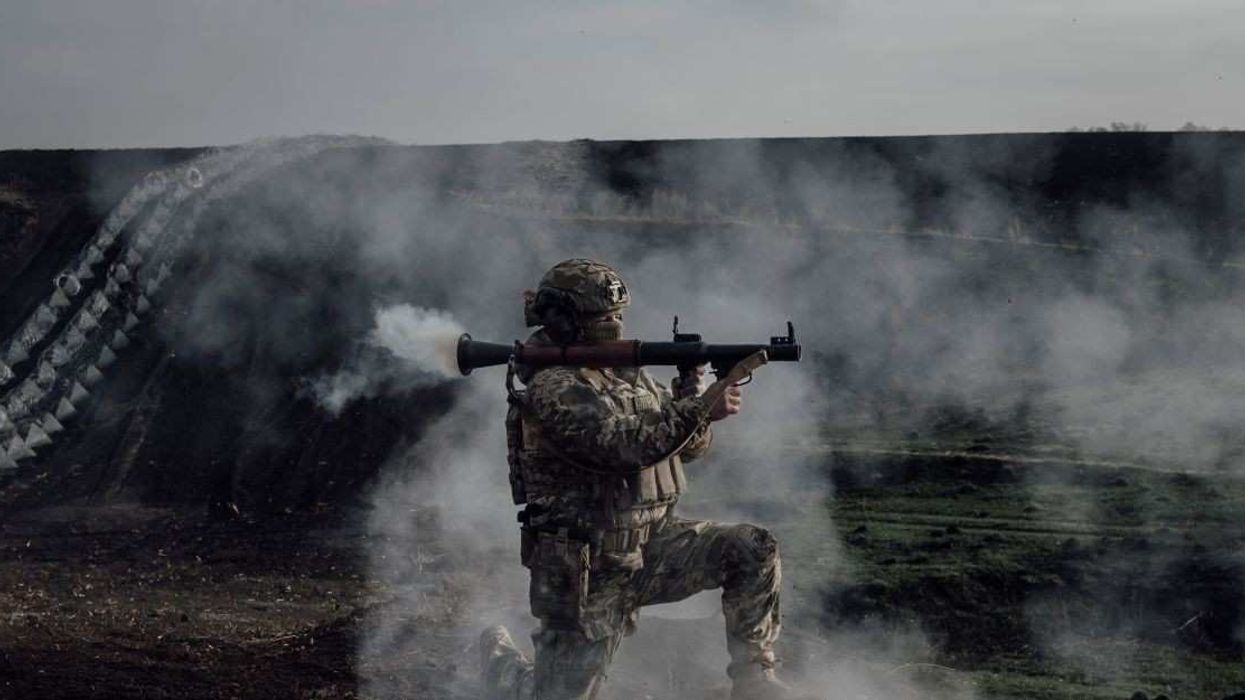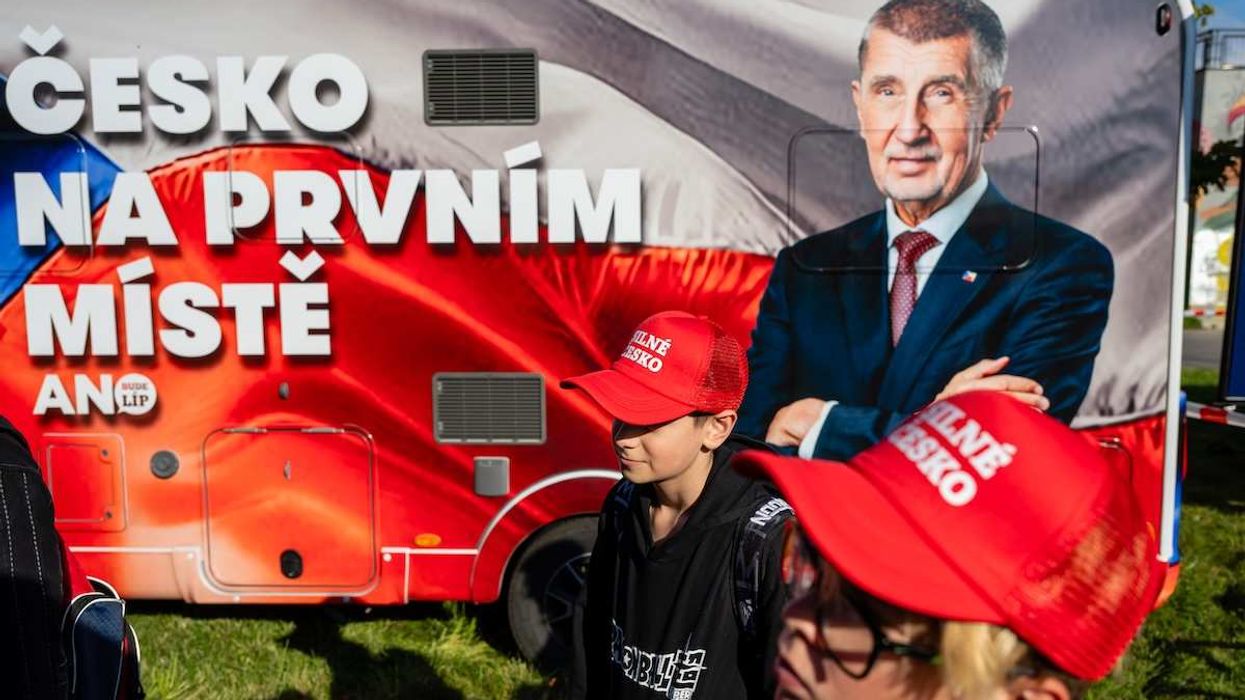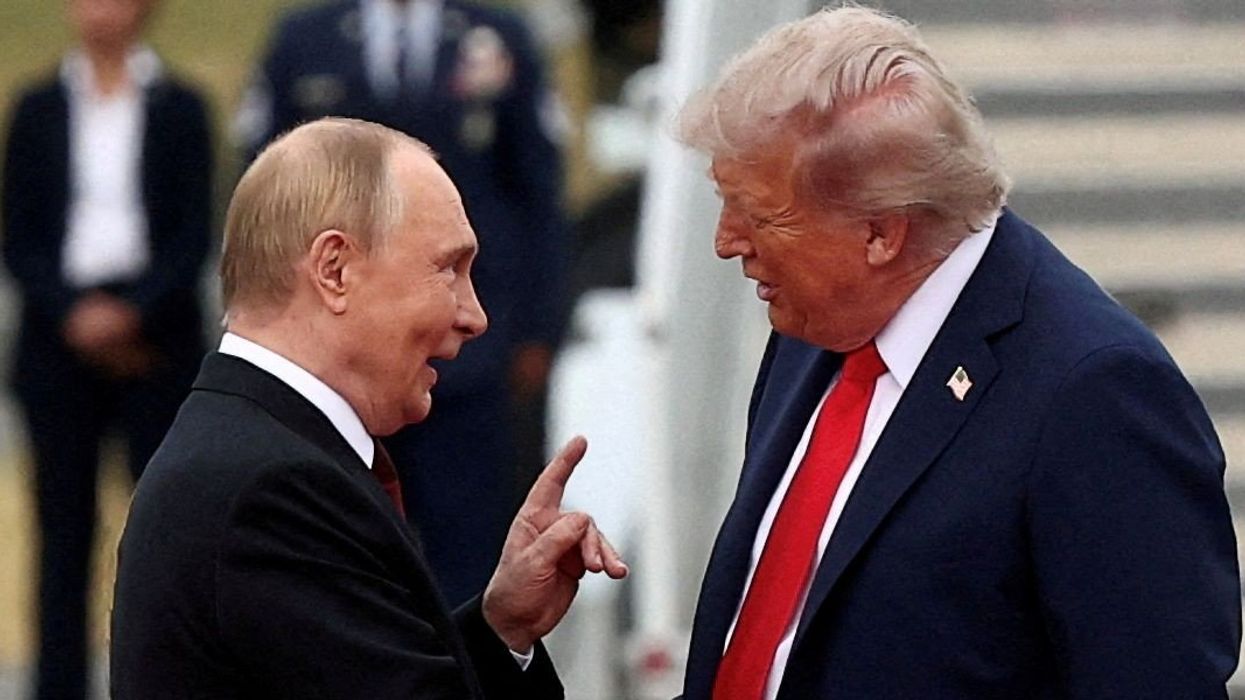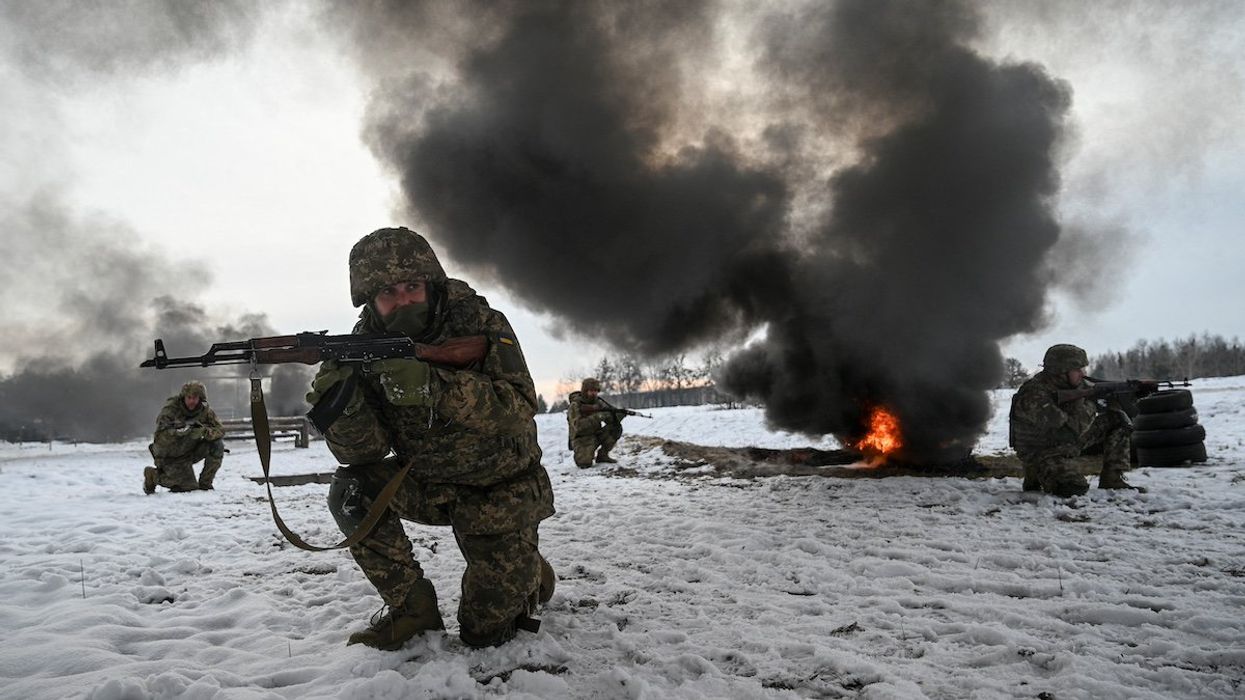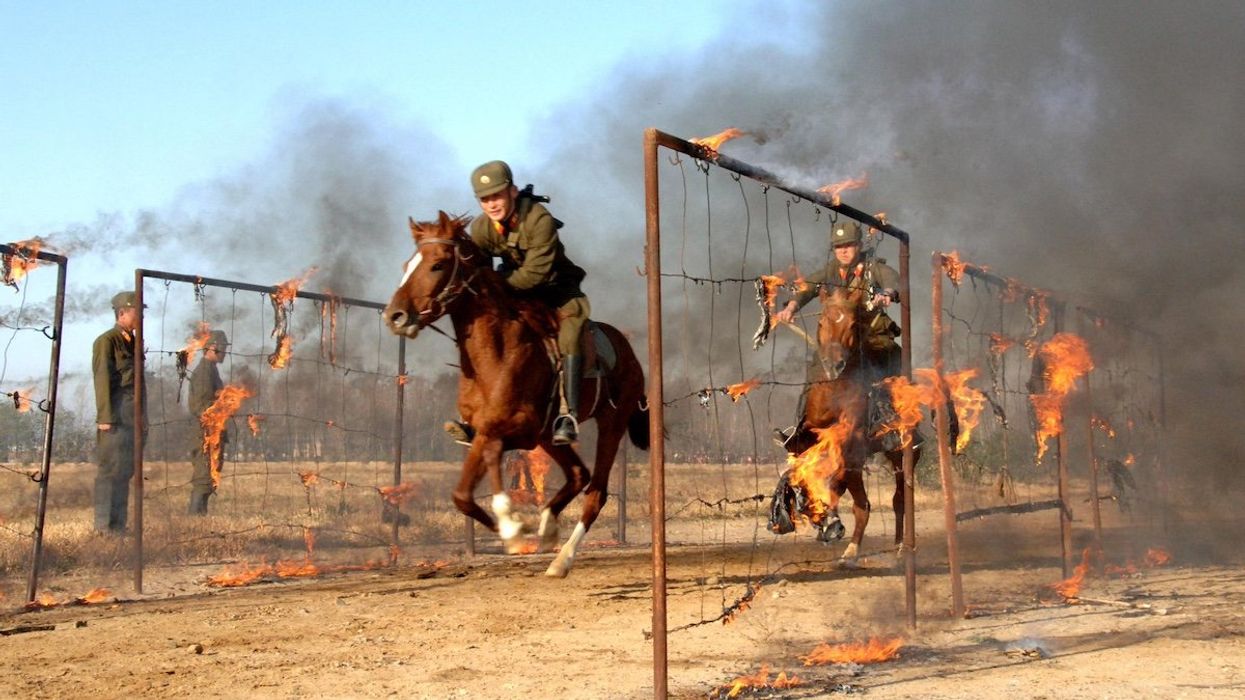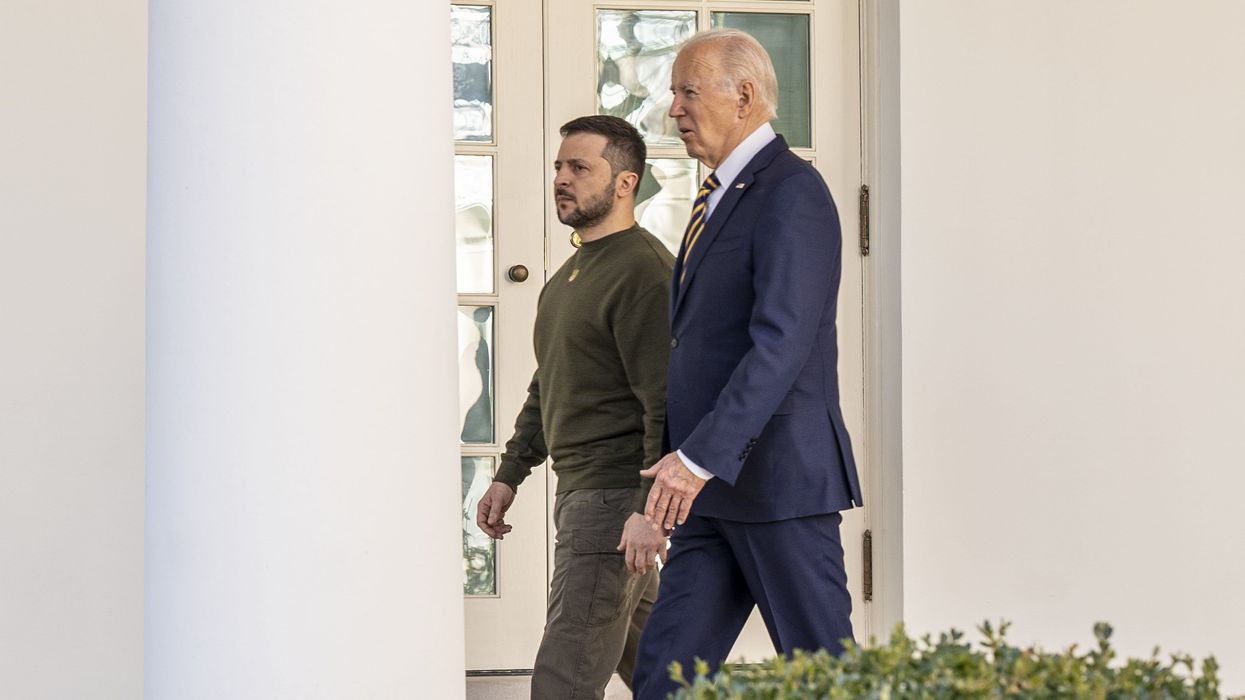Analysis
How three different AIs would solve the Ukraine war
People from different cultures often approach the same problem in different ways. We wondered — would an AI trained and tuned in China approach a complex geopolitical challenge differently than a model created and trained in Europe, or in the United States?
Oct 13, 2025
